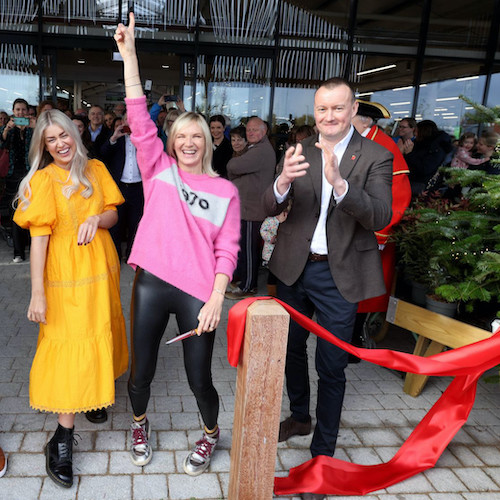Indies and big stores suffer – John Lewis boss calls for government action to protect High Streets
There’s an escalating shoplifting epidemic across the UK sparked by the downgrading of the crime to just a £70 if the stolen goods are worth less than £100.
And both indie retailers and the bigger store groups are suffering, with all reporting that the police aren’t interested in even attending the scene when such thefts are reported.
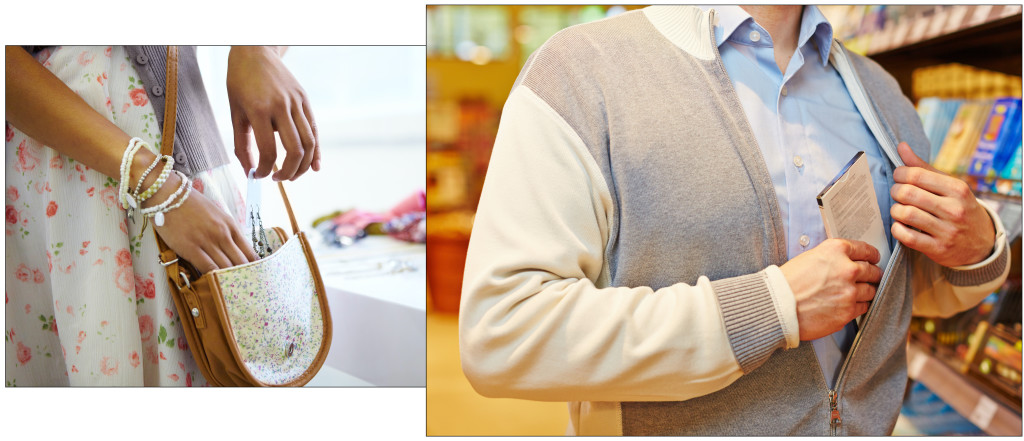
John Lewis boss Dame Sharon White branded High Streets as “looting grounds” for criminal gangs in a letter to The Telegraph last week, and called on the government to review the current state of town centres, while the Co-Op has hired undercover guards to patrol its shopfloors.
As a recent British Retail Consortium (BRC) survey showed a 27% increase in reported shoplifting incidents in 10 of Britain’s largest cities over the past year, British Independent Retailers’ Association (BIRA) ceo Andrew Goodacre pointed out that, despite the growth of online shopping, more than 70% of retail sales still take place in physical stores.
And he said: “Shop theft, while not new, has flourished due to years of low prioritisation by the police, resulting in a low-risk, high-reward environment that now involves highly organised elements. Independent retailers have voiced their concerns, likening the problem to looting incidents, with offenders growing increasingly audacious.”
“We have had cameras put in to all our shops and are also in towns where it’s not that easy to get out quickly,” explained David Lorimer, co-owner of six Brocante gift and lifestyle stores across Devon and Cornwall.
“Fortunately, we have managed to catch people and make them pay. However, the police response is non-existent. Even when we had a break-in we were told they would only come out if there was blood.”
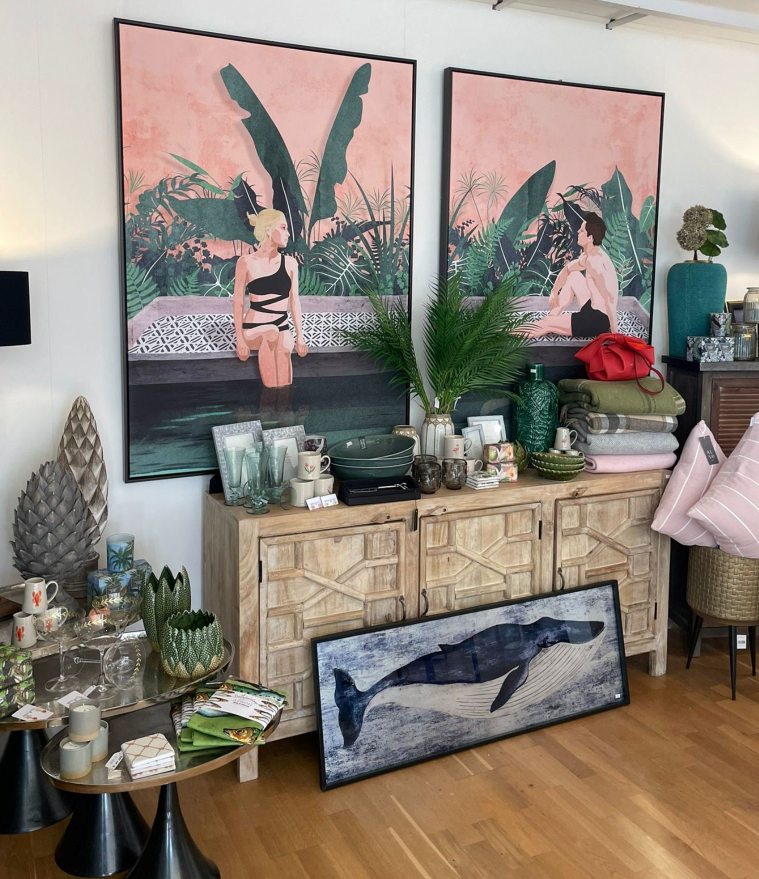
At Nest’s three stores, in Stoneygate, Stoughton Grange and Thurlaston Garden Centre, owner Samantha Gibbs had seen this as a “very limited issue” until the last couple of years, that is.
“But, since Covid,” she said, “and particularly in the last 12 months, we have seen a huge increase. We have therefore increased the security we use, added ink tags to all the items that we can, yet are finding the shoplifters are ahead of us. It really doesn’t matter about the price of the product. If they want it and can find a way, they’re taking it.”
For Martin Billings, at Bringing The Outside In in Wells-Next-The-Sea, shoplifting continues to be a “frustrating part of retailing”, and he added: “From experience we’ve found there is very little the police will or can do and we question if it is a worthwhile use of their time.
“We quite often find shoplifters are people you wouldn’t suspect and, despite doing our best to protect loss from our stores, we accept that if someone really wants to steal they will find a way to do that.”
The small Hampshire town of Lyndhurst has hit the headlines over shoplifting and burglaries where it has the most unsolved break-ins in the UK, notching up 84 with the nearby village of Minstead with none resolved in the past three years.
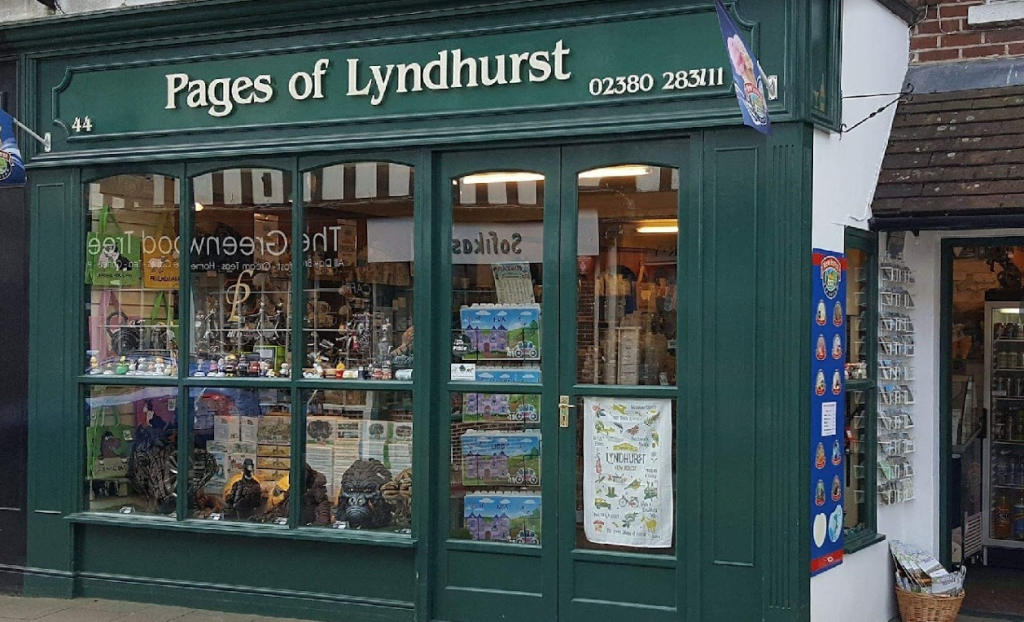
Retailers have banded together in Facebook and WhatsApp group to catch thieves by warning one another and sharing information ranging from customers behaving suspiciously to people using counterfeit notes – as well as publicly sharing details of thefts which has resulted in stolen goods being returned.
Aaron Page, who runs Pages Of Lyndhurst gift and greeting card store, told the Daily Mail: “I’m not anti-police. But it feels like they’ve just left us.
“I had an elderly lady in here once, who stole a Ford Mustang car model. She walked out with it and I went after her. I put a hand on her shoulder and said, ‘Excuse me madam, I know you’ve got the car!’ I was polite to her. She just gave it back to me.”
In her letter, Dame Sharon said local High Streets were being destroyed by the rise in shoplifting and antisocial behaviour, encouraged by years of shop closures – BRC data has 6,000 stores closing down in the last five years – leaving many town centres with “seemingly endless” rows of charity shops and boarded-up storefronts.
She called on ministers to set up a Royal Commission to review the health of towns and how to revitalise them, adding that “unfair” business rates, “outdated” planning rules and the “tourist tax” had also had an effect.
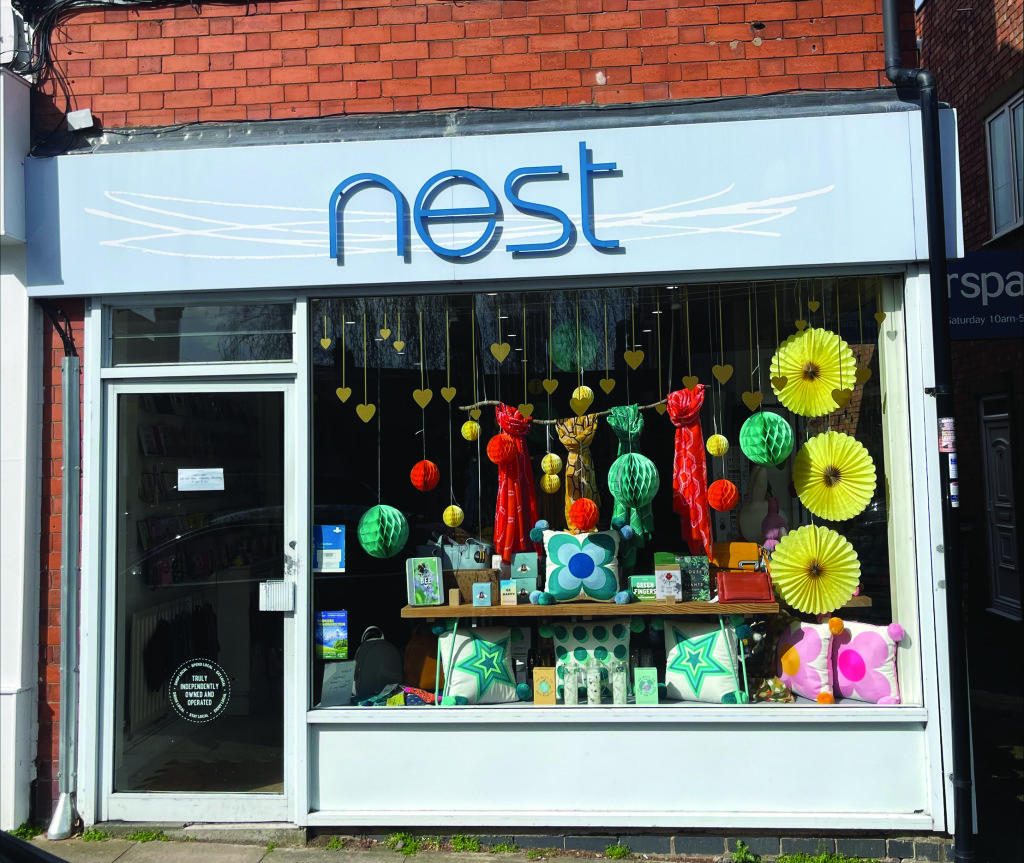
Over at the Co-Op, where greeting cards are a fixture among the convenience groceries and products, covert security staff supplied by contractor Mitie have been trained to confront and hold shoplifters until police arrive on the scene, The Telegraph reported.
The move comes after the supermarket chain revealed it had been forced to used display-only packaging in some stores, for products including coffee, washing powder and laundry gel, due to the rise in theft.
Co-Op managing director of food Matt Hood told the paper: “The rise in shop looting and retail crime, perpetuated by repeat, prolific offenders and organised criminal gangs, is becoming one of the most significant issues facing UK communities.
“This isn’t a victimless crime, as my store colleagues who have been verbally abused and had knives and syringes pulled on them can vouch for, but it is seemingly a consequence-less crime.
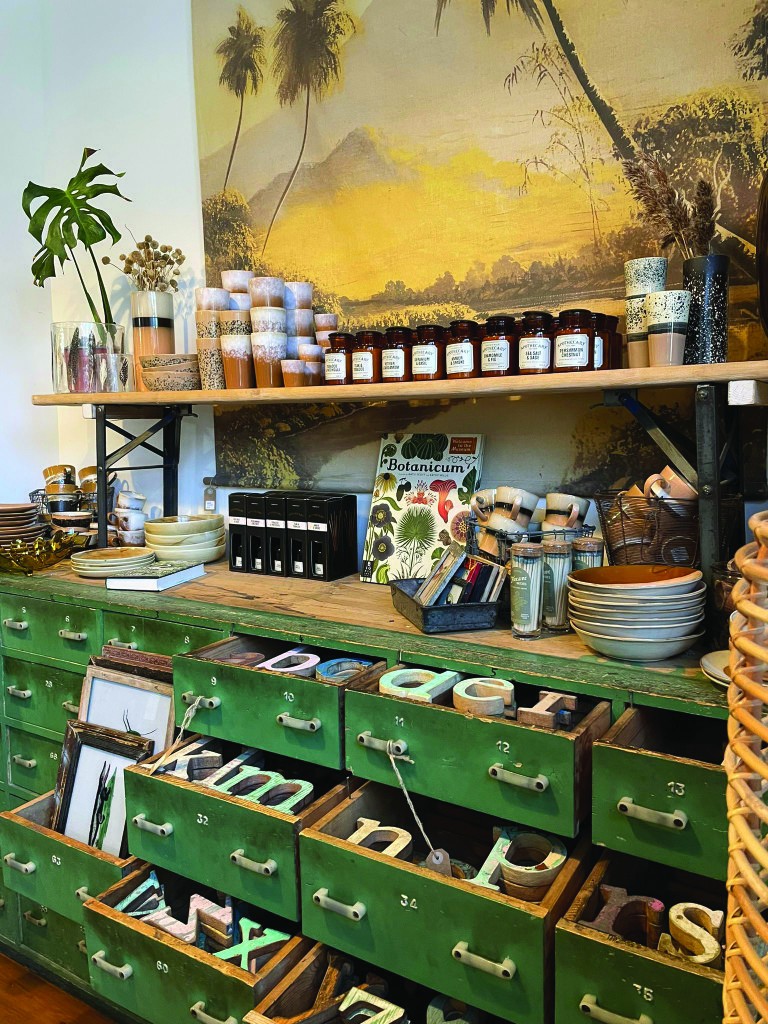
“Co-Op has invested over £200m to try and keep our colleagues and stores safe, so I am increasingly frustrated by how our efforts are not being matched by those who have the power to enforce consequences.”
A freedom of information request by Co-Op earlier this year showed police had failed to respond to 71% of serious retail crimes reported.
BIRA has welcomed a pledge by police forces across England and Wales to pursue every lead that holds a reasonable chance of apprehending criminals and solving crimes, but Andrew added: “It’s important that all retail crimes be reported for the method to work properly. It’s the most effective way to prompt police prioritisation.”

















